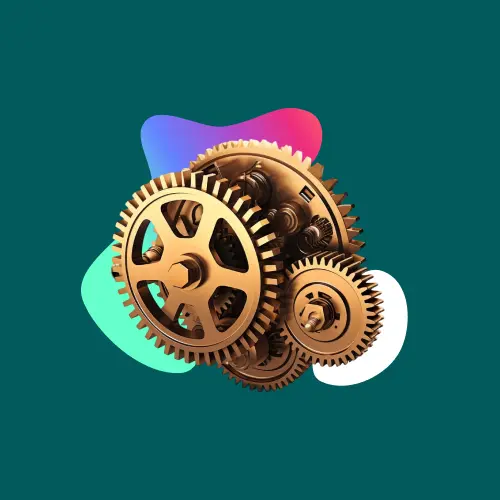
How to tell if you have outgrown your IT systems
Whether or not to upgrade to a new IT system is a major decision. It can prove a challenging time for any organisation, but not as challenging as attempting to “make do” with infrastructure that simply doesn’t match your needs.
A successful business will inevitably experience growth. New products, expanded client lists, and greater diversification are some of the ways that your company may see its operations increase. You may however face real issues, both internally and externally, if you do not meet these challenges. While a new IT system may demand an investment of time and resources, it could help further fuel your operational growth and more importantly, your bottom line.
We have seen a great many signs that a business is ready to upgrade to a new system, but below are some of the more common, that you may be experiencing.
Data Is Inaccurate Or Incomplete
The data that you store will grow over time. Even if you retain only the same handful of customers, continue to service contracts at exactly the same level, and do not diversify, your data warehouse will increase with every passing month.
As your data requirements grow, so too should your data solutions. If you find that you are regularly working with incomplete, or inaccurate data then this is a sure fire sign that you need to contemplate upgrading your IT infrastructure.
Process Repetition
The value of an IT system resides in the fact that it automates many of the mission critical processes that you undertake. Everything from customer relationship management through to annual forecasting relies on solid automation, and problems can arise with an outdated computer system.
As a company grows, its system may become fractured. Different departments and different individuals may migrate to different systems, while others may use their own techniques. Processes will inevitably be repeated when this occurs, and this costs time and money. If you find that your departments, and the people that work in them are performing the same tasks, and repeating them time and time again, then you should consult with a professional system analyst or consultant to see how a bespoke system could help.
An Inability To Grow
As your organisation grows, and the data that you store also grows, so too should your systems. If you add new products or expand your client portfolio, then this necessitates the expansion of your data warehousing system. In turn, the reporting functionality within your software must be dynamic and keep up with the pace of your past changing and vibrant business.
If you find that you, or any of your organisation, are unable to add new data to your existing system, then call in the experts as soon as possible. Furthermore, if end users are avoiding adding data because it becomes too complicated than it potentially solves, then this should also set off alarm bells.
A Growth In End User Complaints
You will find that end users are willing to complain if they do not see your IT system as being beneficial to them. The best systems will not only provide solutions for your organisation, but also for the individuals within that organisation. When a system fails to provide these benefits, you will experience a greater number of complaints.
Whether you are experiencing any of these symptoms of having outgrown your existing system or you have your own unique set of problems, you need to invest in a new piece of software. Your organisation could be losing considerable sums of money because you haven’t upgraded from the infrastructure that was set up with your company.
Every business needs to balance costs and potential inconvenience with the benefits that a new IT system can bring. If you need assistance in determining whether it really is time to move on to bigger, better, and more robust software pastures, contact the friendly software developers at Geeks for a professional consultation.










